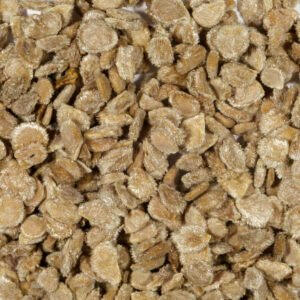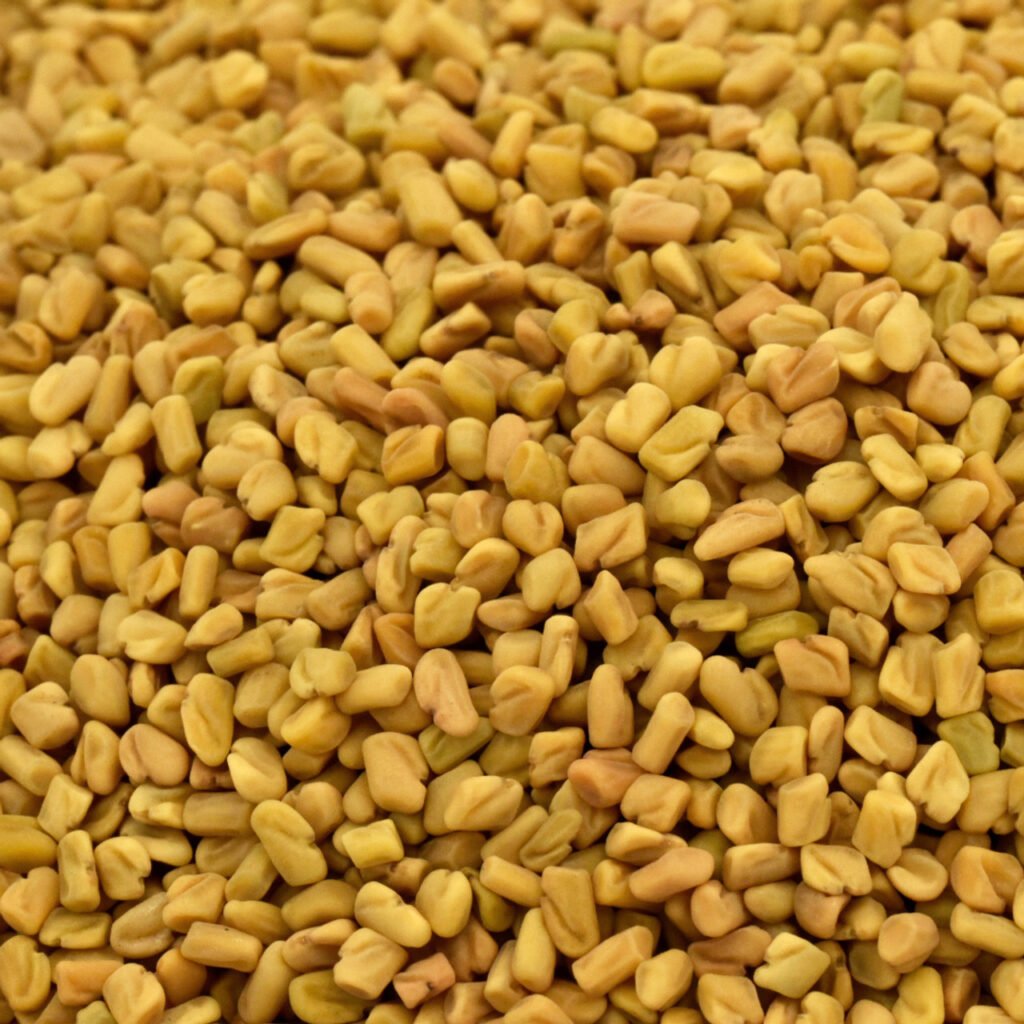Eggplant Seeds
Eggplant, also known as aubergine, is a vegetable that is widely used in various cuisines around the world. It comes in different shapes and colors, and the seeds are often discarded as waste. However, eggplant seeds are not only edible but also have numerous health benefits that are often overlooked. In this article, we will explore the health benefits of eggplant seeds and how they can be incorporated into your diet.
- Eggplant Seeds
- 1. What are eggplant seeds?
- 2. Nutritional profile of eggplant seeds
- 3. Antioxidant properties of eggplant seeds
- 4. Anti-inflammatory properties of eggplant seeds
- 5. Cardiovascular benefits of eggplant seeds
- 6. Benefits of eggplant seeds for digestive health
- 7. Benefits of eggplant seeds for weight loss
- 8. Benefits of eggplant seeds for diabetes management
- 9. How to incorporate eggplant seeds into your diet
- 10. Precautions when consuming eggplant seeds
- Conclusion
- Shop now from our store
1. What are eggplant seeds?
Eggplant seeds are small, oval-shaped seeds that are found inside the eggplant fruit. They are often discarded when cooking or eating eggplant, but they are edible and have numerous health benefits.
2. Nutritional profile of eggplant seeds
Eggplant seeds are a rich source of nutrients, including protein, fiber, healthy fats, vitamins, and minerals. A 100-gram serving of eggplant seeds contains:
- Calories: 460
- Protein: 18 grams
- Fat: 32 grams
- Carbohydrates: 24 grams
- Fiber: 20 grams
- Vitamin E: 14% of the daily value (DV)
- Thiamine (Vitamin B1): 10% of the DV
- Niacin (Vitamin B3): 12% of the DV
- Calcium: 9% of the DV
- Iron: 16% of the DV
- Magnesium: 43% of the DV
- Phosphorus: 52% of the DV
- Potassium: 31% of the DV
- Zinc: 24% of the DV
3. Antioxidant properties of eggplant seeds
Eggplant seeds are rich in antioxidants, which are compounds that help protect the body against damage from free radicals. Free radicals are unstable molecules that can cause cellular damage and contribute to the development of chronic diseases such as cancer, heart disease, and Alzheimer’s disease.
The antioxidant compounds found in eggplant seeds include phenolic acids, flavonoids, and anthocyanins. These compounds have been shown to have strong antioxidant activity in vitro, which means they can help neutralize free radicals and protect against oxidative stress.
4. Anti-inflammatory properties of eggplant seeds
Eggplant seeds also have anti-inflammatory properties, which means they can help reduce inflammation in the body. Inflammation is a natural response to injury or infection, but chronic inflammation can contribute to the development of many chronic diseases.
The anti-inflammatory compounds found in eggplant seeds include chlorogenic acid, caffeic acid, and rosmarinic acid. These compounds have been shown to have anti-inflammatory effects in animal studies, and they may help reduce inflammation in humans as well.
5. Cardiovascular benefits of eggplant seeds
Eggplant seeds may also have cardiovascular benefits. Studies have shown that the compounds found in eggplant seeds can help lower blood pressure, reduce cholesterol levels, and improve blood flow.
One study in rats found that consuming eggplant seed extract for 8 weeks resulted in a significant decrease in blood pressure, total cholesterol, and triglycerides. Another study
6. Benefits of eggplant seeds for digestive health
Eggplant seeds are a good source of dietary fiber, which can help promote digestive health. Fiber adds bulk to the stool, making it easier to pass through the digestive system. It also helps regulate bowel movements and can prevent constipation.
In addition to fiber, eggplant seeds contain other compounds that can benefit digestive health. For example, the seeds contain saponins, which are compounds that have been shown to have anti-inflammatory and anti-cancer properties. Saponins can also help reduce the risk of ulcers and other digestive problems.
7. Benefits of eggplant seeds for weight loss
Eggplant seeds may also be beneficial for weight loss. The high fiber content of the seeds can help promote feelings of fullness and reduce appetite, which can lead to reduced calorie intake and weight loss.
In addition, eggplant seeds contain healthy fats, which can help boost metabolism and promote fat burning. The seeds are also low in calories, making them a good snack option for those who are trying to lose weight.
8. Benefits of eggplant seeds for diabetes management
Eggplant seeds may also be beneficial for those with diabetes. The high fiber content of the seeds can help regulate blood sugar levels and prevent spikes in blood sugar after meals.
In addition, eggplant seeds contain compounds that can help improve insulin sensitivity and reduce insulin resistance. Insulin resistance is a condition in which the body becomes less responsive to insulin, a hormone that regulates blood sugar levels.
9. How to incorporate eggplant seeds into your diet
There are several ways to incorporate eggplant seeds into your diet. Here are a few ideas:
- Roast the seeds in the oven and eat them as a snack.
- Add the seeds to smoothies or yogurt bowls.
- Use the seeds as a topping for salads or oatmeal.
- Grind the seeds into a powder and use it as a seasoning for meat or vegetables.
10. Precautions when consuming eggplant seeds
While eggplant seeds are generally safe to eat, there are a few precautions to keep in mind:
- Some people may be allergic to eggplant seeds. If you experience any symptoms of an allergic reaction, such as itching, swelling, or difficulty breathing, stop consuming the seeds and seek medical attention.
- Eggplant seeds contain oxalates, which can contribute to the formation of kidney stones in some people. If you have a history of kidney stones, it’s best to limit your intake of eggplant seeds.
Conclusion
Eggplant seeds are a nutritious and often overlooked part of the eggplant fruit. They are a good source of protein, fiber, healthy fats, and a variety of vitamins and minerals. In addition, they have numerous health benefits, including antioxidant and anti-inflammatory properties, cardiovascular benefits, digestive health benefits, and benefits for weight loss and diabetes management.
Incorporating eggplant seeds into your diet is easy and can be done in a variety of ways. However, it’s important to be aware of any precautions and to consult with a healthcare provider if you have any concerns.
- Can consuming too many eggplant seeds be harmful?
- While eggplant seeds are generally safe to consume, consuming excessive amounts may lead to digestive discomfort or other health issues. It’s best to consume them in moderation.
- Are there any potential drug interactions with eggplant seeds?
- Eggplant seeds contain compounds that can interact with certain medications. It’s important to consult with a healthcare provider before consuming them if you are taking any medications.
- Can eggplant seeds help with skin health?
- Yes, eggplant seeds contain antioxidants and other compounds that may benefit skin health by reducing inflammation and protecting against damage from free radicals.
- How do eggplant seeds compare to other types of seeds in terms of nutritional value?
- Eggplant seeds are a good source of protein, fiber, and healthy fats, and contain a variety of vitamins and minerals. While they may not be as well-known as other types of seeds like chia or flax, they still offer a range of health benefits.
- Can eggplant seeds be used as a natural remedy for any health conditions?
- While eggplant seeds have been used in traditional medicine for various purposes, there is limited scientific evidence to support their use as a natural remedy for specific health conditions. It’s important to speak with a healthcare provider before using them for medicinal purposes.
Lorem ipsum dolor sit amet, consectetur adipiscing elit. Ut elit tellus, luctus nec ullamcorper mattis, pulvinar dapibus leo.





